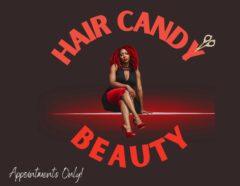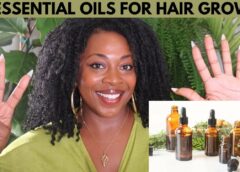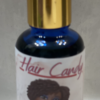
Table of Contents
ToggleAlopecia is a medical condition that affects millions of people around the world. It is a type of hair loss that can affect any part of the body, but most commonly affects the scalp. There are several different types of alopecia, each with its own causes and treatment options.
Types of Alopecia
- Androgenetic Alopecia: This is the most common type of alopecia and is also known as male or female pattern baldness. It occurs due to genetic factors and hormonal imbalances.
-
Alopecia Areata: This type of alopecia occurs when the immune system attacks hair follicles, leading to hair loss in patches on the scalp or other parts of the body.
-
Telogen Effluvium: This type of alopecia occurs when there is a sudden shock to the body, such as surgery or childbirth, causing hair to enter into a resting phase prematurely and fall out.
-
Traction Alopecia: This type of alopecia occurs due to excessive pulling or tension on hair follicles from tight hairstyles like braids, ponytails etc., which can cause damage over time and lead to permanent hair loss.
-
Cicatricial Alopecia: This rare form of alopecia results from inflammation that damages hair follicles causing scarring and permanent baldness.
Causes
The exact causes for different types of alopecia vary depending on which type one is affected by. Some possible reasons for developing certain types include genetics, autoimmune disorders, stress, hormonal changes (such as pregnancy), medications side-effects (like chemotherapy) etc., while others may be caused by physical damage to hair follicles through styling practices like tight braids or chemical treatments such as dyeing etc.
Treatment Options
Treatment options for alopecia will depend on various factors including what kind it is and severity level. For instance:
-
Androgenetic Alopecia – Minoxidil (Rogaine), Finasteride (Proscar) are some FDA-approved medications available for treating this condition; however they may not work for everyone.
-
Alopecia Areata – Corticosteroids applied topically or injected into affected areas can help stimulate regrowth in some cases; immunosuppressant drugs may be needed if corticosteroids don’t work well enough.
-
Telogen Effluvium – In many cases this condition often resolves itself without any intervention; however supplements such as biotin have been suggested as helpful in promoting regrowth post-treatment
-
Traction Alopecia – The best option here involves avoiding further damage by changing hairstyling habits or opting for protective styles that do not pull too tightly on your scalp/hairline area.








